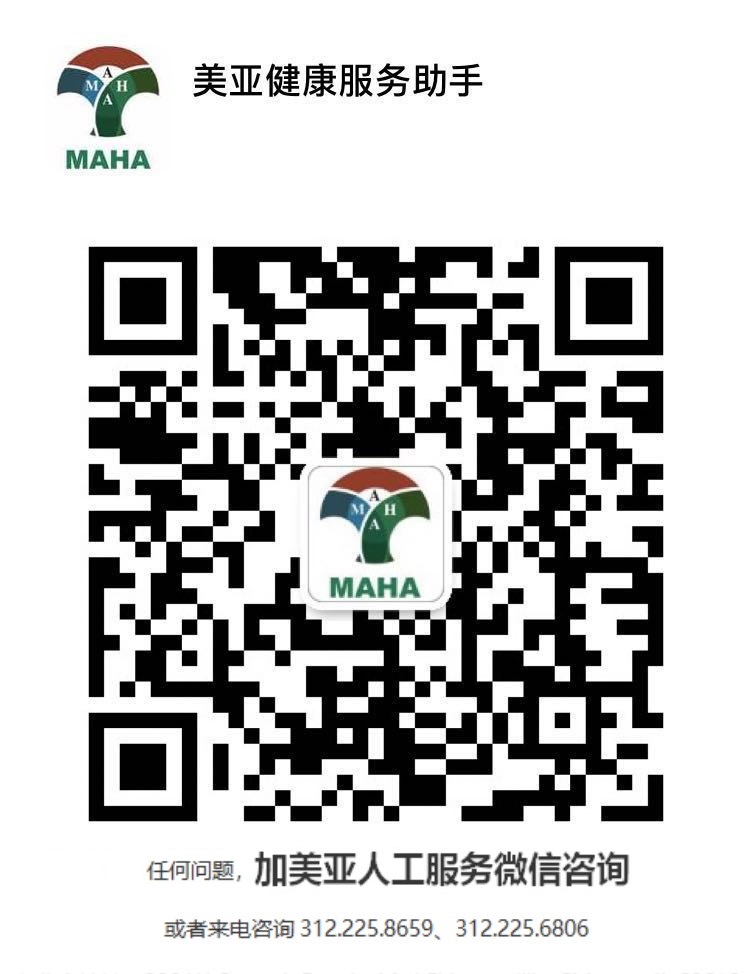Perinatal Hepatitis B Program:
MAHA’s Perinatal Hepatitis B Program (PHBP) is to prevent the spread of Hepatitis B virus from infected mothers to newborn infants and ensure infants who are exposed to Hepatitis B are identified, vaccinated, tested, and given timely treatments if needed.
Hepatitis and Liver Cancer Prevention Program:
Supported by the Hep. B United, Illinois Dept. of Public Health, Hepatitis B Alliance of Chicago, Northwestern University, Chicago Department of Public Health, and pharmaceutical companies, MAHA's Hepatitis and Liver Cancer Prevention Program provides hepatitis B education, screening, and immunization to high-risk Asian American populations in Chicago. In 2012, MAHA started a free community-based Hepatitis B Clinic in Chinatown, the first of its kind in Illinois, supported by Dr. Sean Koppe (Director of the Liver Center, University of Illinois at Chicago). This monthly clinic provides follow-up care services to the hepatitis B carriers and other liver patients identified through the screenings.
Patient-Centered Research and Intervention on Type II Diabetes:
Patient-centered research and intervention on Type II diabetes is a new program awarded by the Patient-Centered Outcomes Research Institute (PCORI) in September 2016. Partnering with the Chicago College of Pharmacy, Midwestern University, and other stakeholders, MAHA aims to establish culturally appropriate patient-focused research in Type II Diabetes within the Chicago Asian American community. The conclusion of the research will lead to interventions in the community to address Type II diabetes. The project will strengthen the ability of all stakeholders to understand how best to prevent, recognize, treat, and reduce further health problems due to diabetes in the Asian community.

